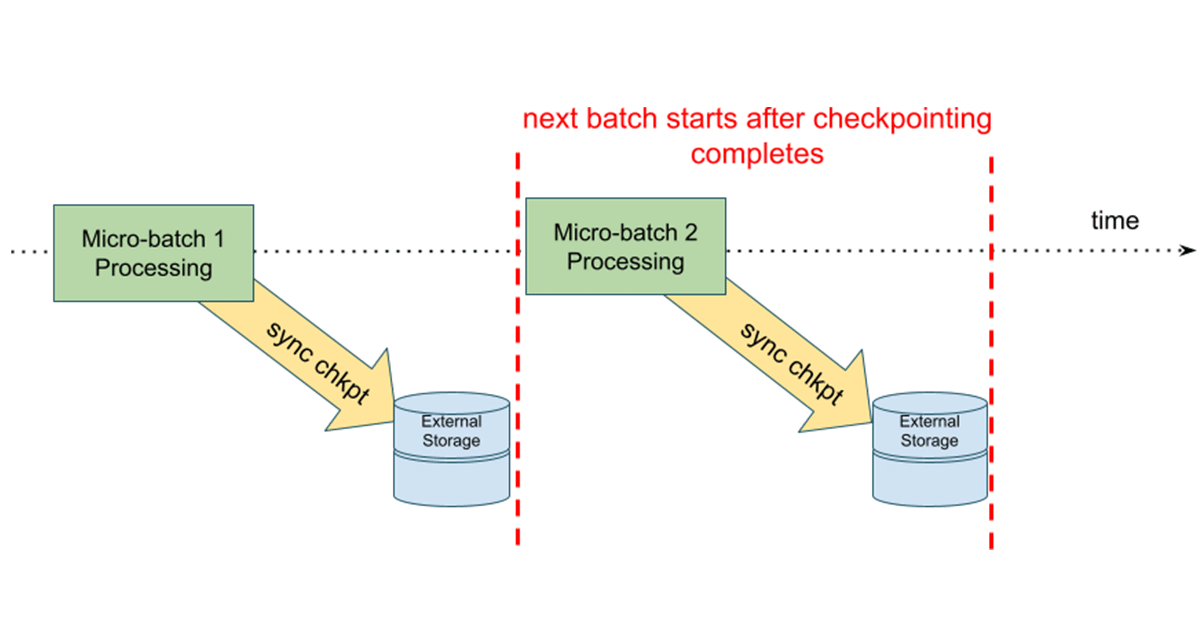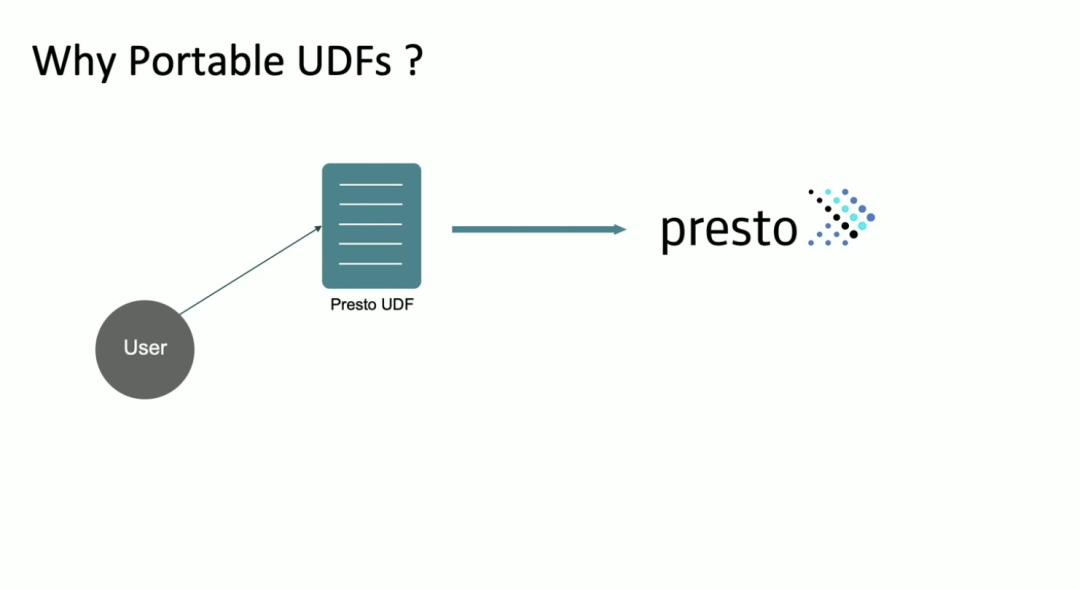select count(*), host, module
from ewaplog
group by host, module
order by host, module;
下面我们先来看看Spark SQL核心的代码(关于Spark SQL的详细介绍请参见Spark官方文档,这里我就不介绍了。):
/**
* User: 过往记忆
* Date: 14-8-13
* Time: 下午23:16
* bolg:
* 本文地址:/archives/1090
* 过往记忆博客,专注于hadoop、hive、spark、shark、flume的技术博客,大量的干货
* 过往记忆博客微信公共帐号:iteblog_hadoop
*/
public static class Entry implements Serializable {
private String host;
private String module;
private String content;
public Entry(String host, String module, String content) {
this.host = host;
this.module = module;
this.content = content;
}
public String getHost() {
return host;
}
public void setHost(String host) {
this.host = host;
}
public String getModule() {
return module;
}
public void setModule(String module) {
this.module = module;
}
public String getContent() {
return content;
}
public void setContent(String content) {
this.content = content;
}
@Override
public String toString() {
return "[" + host + "\t" + module + "\t" + content + "]";
}
}
.......
JavaSparkContext ctx = ...
JavaSQLContext sqlCtx = ...
JavaRDD<Entry> stringJavaRDD = ctx.textFile(args[0]).map(
new Function<String, Entry>() {
@Override
public Entry call(String str) throws Exception {
String[] split = str.split("\u0001");
if (split.length < 3) {
return new Entry("", "", "");
}
return new Entry(split[0], split[1], split[2]);
}
});
JavaSchemaRDD schemaPeople = sqlCtx.applySchema(stringJavaRDD, Entry.class);
schemaPeople.registerAsTable("entry");
JavaSchemaRDD teenagers = sqlCtx.sql("select count(*), host, module " +
"from entry " +
"group by host, module " +
"order by host, module");
List<String> teenagerNames = teenagers.map(new Function<Row, String>() {
public String call(Row row) {
return row.getLong(0) + "\t" +
row.getString(1) + "\t" + row.getString(2);
}
}).collect();
for (String name : teenagerNames) {
System.out.println(name);
}
Spark Hive核心代码:
/**
* User: 过往记忆
* Date: 14-8-23
* Time: 下午23:16
* bolg:
* 本文地址:/archives/1090
* 过往记忆博客,专注于hadoop、hive、spark、shark、flume的技术博客,大量的干货
* 过往记忆博客微信公共帐号:iteblog_hadoop
*/
JavaHiveContext hiveContext =....;
JavaSchemaRDD result = hiveContext.hql("select count(*), host, module " +
"from ewaplog " +
"group by host, module " +
"order by host, module");
List<Row> collect = result.collect();
for (Row row : collect) {
System.out.println(row.get(0) + "\t" + row.get(1) + "\t" + row.get(2));
}
大家可以看到Spark Hive核心代码里面的SQL语句和直接在Hive上面执行一样,在执行这个代码的时候,需要确保ewaplog存在。而且在运行这个程序的时候需要依赖Hive的一些jar包,需要依赖Hive的元数据等信息。对Hive的依赖比较大。而Spark SQL直接读取lzo文件,并没有涉及到Hive,相比Spark Hive依赖性这方便很好。Spark SQL直接读取lzo文件,然后将数据存放在RDD中,applySchema方法将JavaRDD转换成JavaSchemaRDD,我们来看看文档是怎么来描述的
At the core of this component is a new type of RDD, SchemaRDD. SchemaRDDs are composed Row objects along with a schema that describes the data types of each column in the row. A SchemaRDD is similar to a table in a traditional relational database. A SchemaRDD can be created from an existing RDD, Parquet file, a JSON dataset, or by running HiveQL against data stored in Apache Hive.
转换成JavaSchemaRDD之后,我们可以用用registerAsTable将它注册到表中,之后就可以通过JavaSQLContext的sql方法来执行相应的sql语句了。
iteblog@Spark $ spark-submit --master yarn-cluster
--jars lib/spark-sql_2.10-1.0.0.jar
--class SparkSQLTest
--queue queue1
./spark-1.0-SNAPSHOT.jar
/home/wyp/test/*.lzo
分别经过了20分钟左右的时间,Spark SQL和Spark Hive都可以运行完,结果如下:
39511517 bokingserver1 CN1_hbase_android_client
59141803 bokingserver1 CN1_hbase_iphone_client
39544052 bokingserver2 CN1_hbase_android_client
59156743 bokingserver2 CN1_hbase_iphone_client
23472413 bokingserver3 CN1_hbase_android_client
35251936 bokingserver3 CN1_hbase_iphone_client
23457708 bokingserver4 CN1_hbase_android_client
35262400 bokingserver4 CN1_hbase_iphone_client
19832715 bokingserver5 CN1_hbase_android_client
51003885 bokingserver5 CN1_hbase_iphone_client
19831076 bokingserver6 CN1_hbase_android_client
50997314 bokingserver6 CN1_hbase_iphone_client
30526207 bokingserver7 CN1_hbase_android_client
50702806 bokingserver7 CN1_hbase_iphone_client
54844214 bokingserver8 CN1_hbase_android_client
88062792 bokingserver8 CN1_hbase_iphone_client
54852596 bokingserver9 CN1_hbase_android_client
88043401 bokingserver9 CN1_hbase_iphone_client
54864322 bokingserver10 CN1_hbase_android_client
88041583 bokingserver10 CN1_hbase_iphone_client
54891529 bokingserver11 CN1_hbase_android_client
88007489 bokingserver11 CN1_hbase_iphone_client
54613917 bokingserver12 CN1_hbase_android_client
87623763 bokingserver12 CN1_hbase_iphone_client
为了比较基于Spark的任务确实比基于Mapreduce的快,我特意用Hive执行了同样的任务,如下:
hive> select count(*), host, module from ewaplog
> group by host, module order by host, module;
Job 0: Map: 2845 Reduce: 364 Cumulative CPU: 17144.59 sec
HDFS Read: 363542156311 HDFS Write: 36516 SUCCESS
Job 1: Map: 1 Reduce: 1 Cumulative CPU: 4.82 sec
HDFS Read: 114193 HDFS Write: 1260 SUCCESS
Total MapReduce CPU Time Spent: 0 days 4 hours 45 minutes 49 seconds 410 msec
OK
39511517 bokingserver1 CN1_hbase_android_client
59141803 bokingserver1 CN1_hbase_iphone_client
39544052 bokingserver2 CN1_hbase_android_client
59156743 bokingserver2 CN1_hbase_iphone_client
23472413 bokingserver3 CN1_hbase_android_client
35251936 bokingserver3 CN1_hbase_iphone_client
23457708 bokingserver4 CN1_hbase_android_client
35262400 bokingserver4 CN1_hbase_iphone_client
19832715 bokingserver5 CN1_hbase_android_client
51003885 bokingserver5 CN1_hbase_iphone_client
19831076 bokingserver6 CN1_hbase_android_client
50997314 bokingserver6 CN1_hbase_iphone_client
30526207 bokingserver7 CN1_hbase_android_client
50702806 bokingserver7 CN1_hbase_iphone_client
54844214 bokingserver8 CN1_hbase_android_client
88062792 bokingserver8 CN1_hbase_iphone_client
54852596 bokingserver9 CN1_hbase_android_client
88043401 bokingserver9 CN1_hbase_iphone_client
54864322 bokingserver10 CN1_hbase_android_client
88041583 bokingserver10 CN1_hbase_iphone_client
54891529 bokingserver11 CN1_hbase_android_client
88007489 bokingserver11 CN1_hbase_iphone_client
54613917 bokingserver12 CN1_hbase_android_client
87623763 bokingserver12 CN1_hbase_iphone_client
Time taken: 1818.706 seconds, Fetched: 24 row(s)
从上面的显示我们可以看出,Hive执行同样的任务用了30分钟,而Spark用了20分钟,也就是省了1/3的时间,还是很快的。在运行的过程中,我发现Spark消耗内存比较大,在程序运行期间,三个子节点负载很高,整个队列的资源消耗了一半以上。我想如果集群的机器数据更多的话,Spark的运行速度应该还会有一些提升。好了今天就说到这,欢迎关注本博客。
本博客文章除特别声明,全部都是原创!过往记忆 )所有,未经许可不得转载。【Spark SQL & Spark Hive编程开发, 并和Hive执行效率对比】(https://www.iteblog.com/archives/1090.html) SQL on Hadoop:场景和结论 Mysql备份还原数据库实例及参数详细说明








我能找到HiveContext但是找不到这里的JavaHiveContext.请问这个需要依赖什么jar包吗?
从Spark 1.3.0版本开始,JavaHiveConcext.scala文件已经被移除了。只能用HiveConcext。
spark hive 的操作,对于hive的依赖包,怎么弄得? JavaHiveContext ,JavaSchemaRDD 我都没,求指教怎么弄依赖包。
在线等。谢谢
你是单独建立工程还是直接在shell上面运行的?
单独建立工程。
导入上面的两个jar包试试。
有用,非常感谢
这点提升感觉对于离线数据处理意义不是太大,特别再考虑到对内存的消耗,感觉从稳定性上考虑,这个代价不是很值得
非常感谢